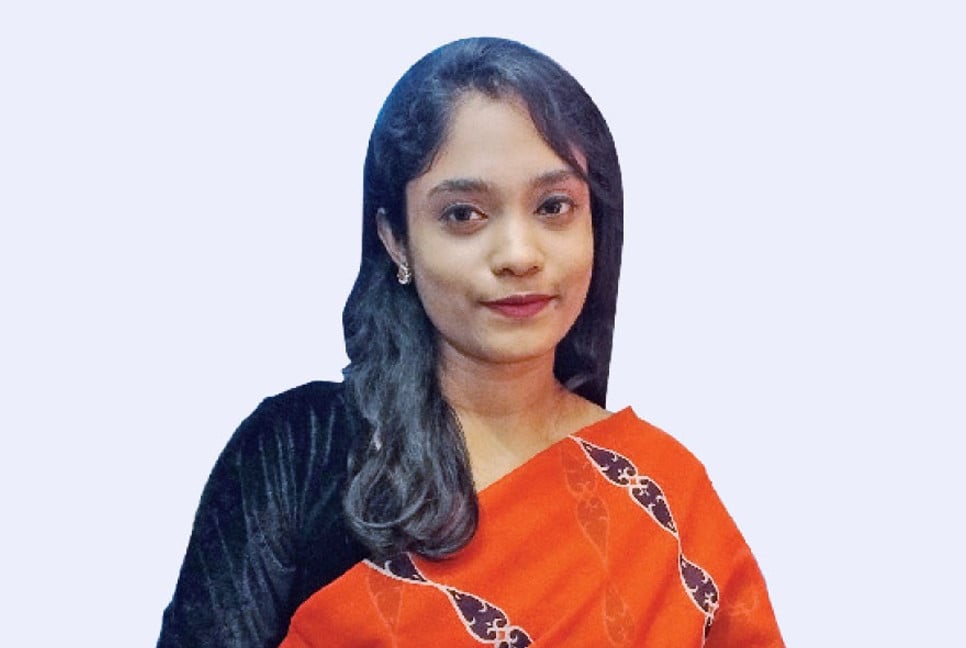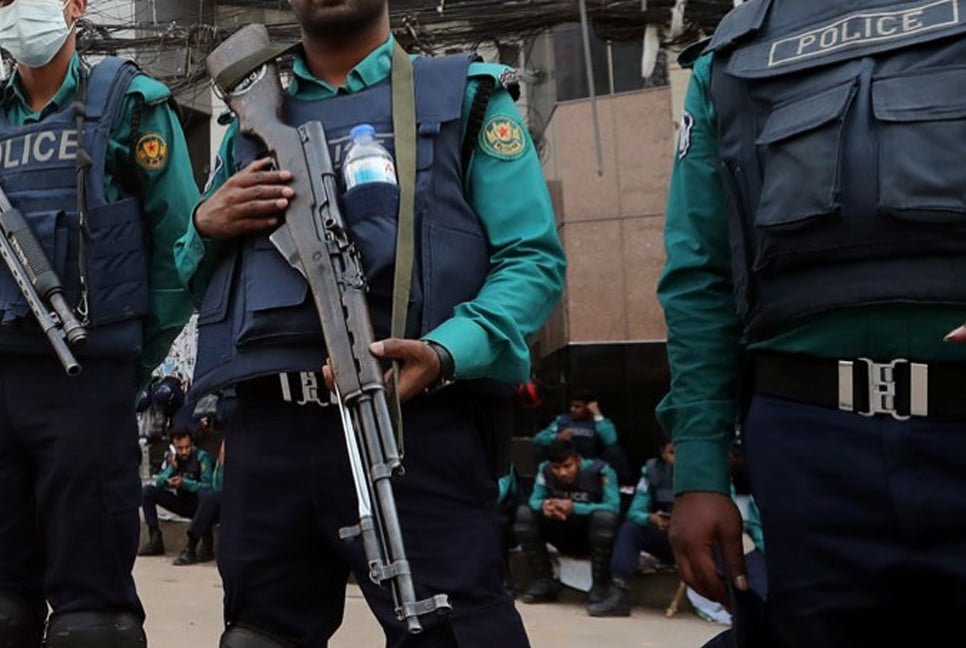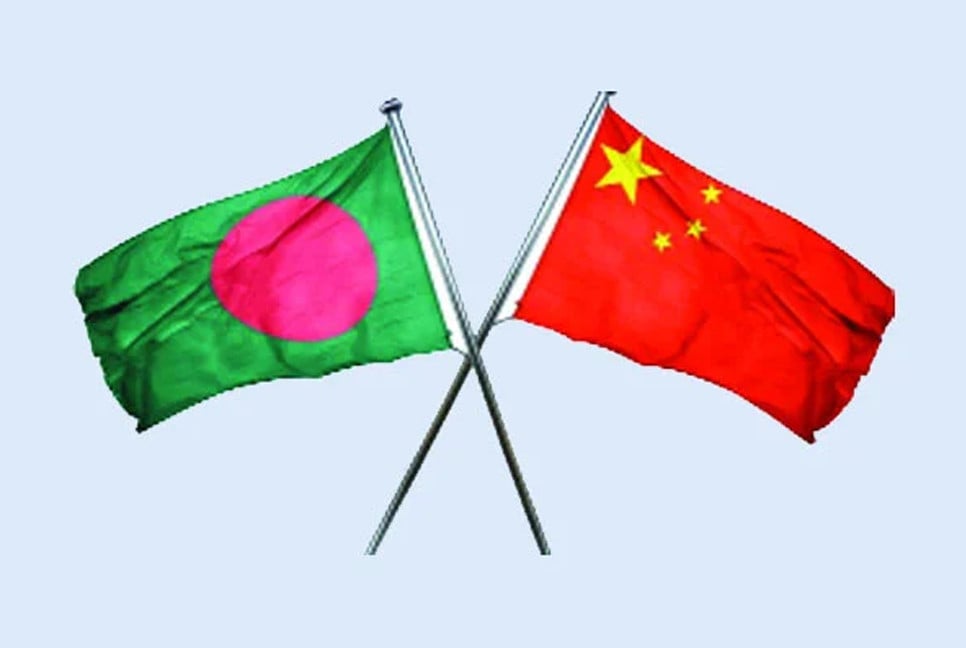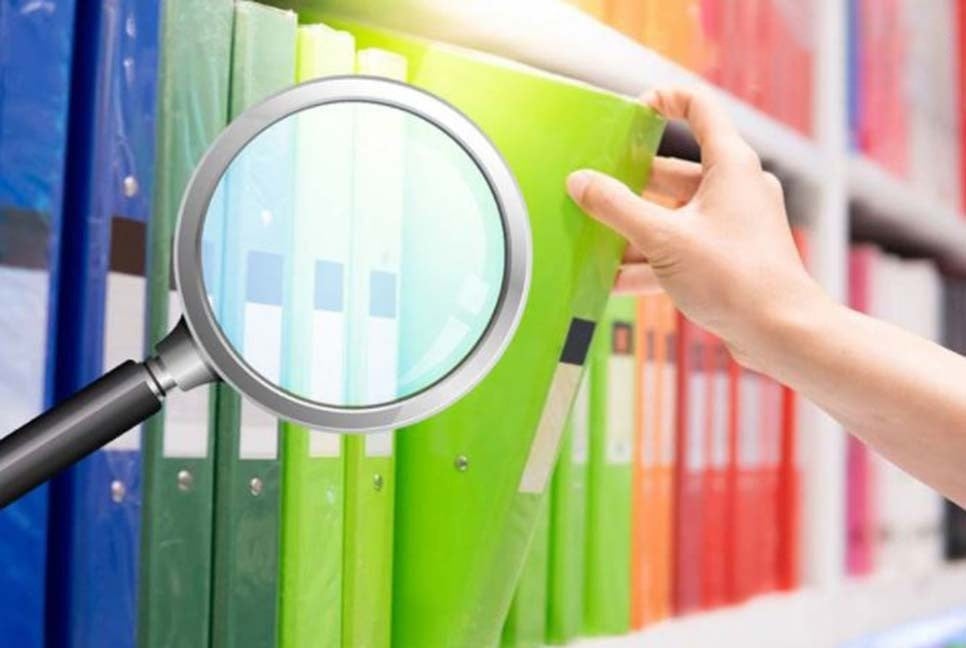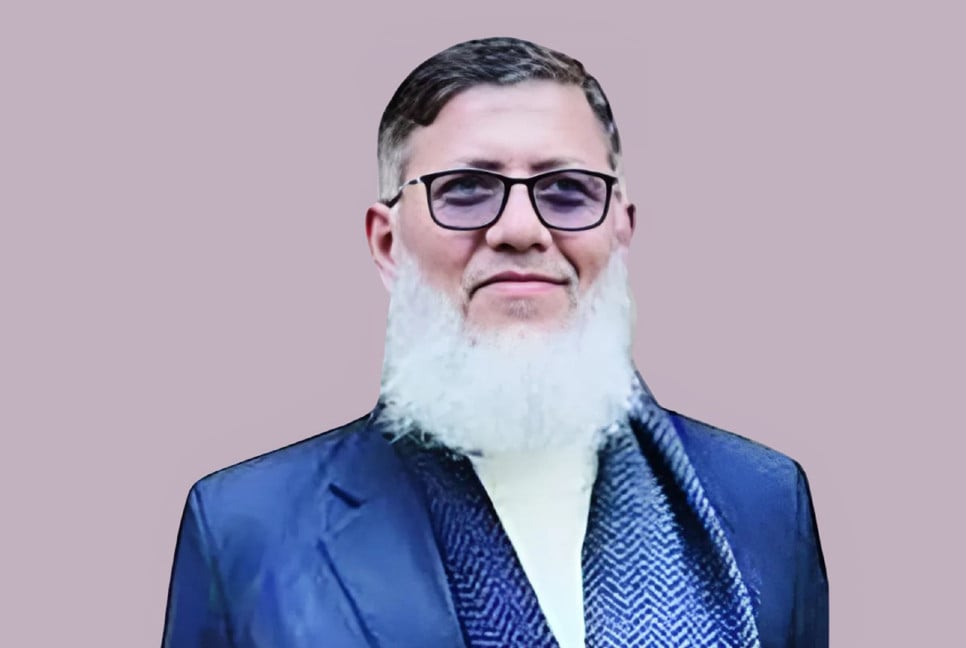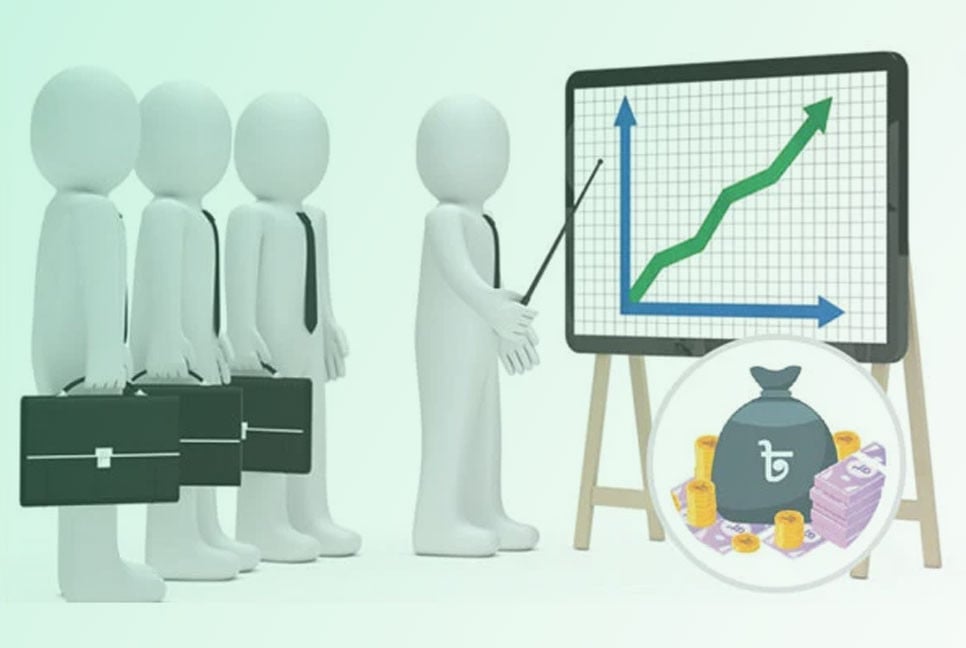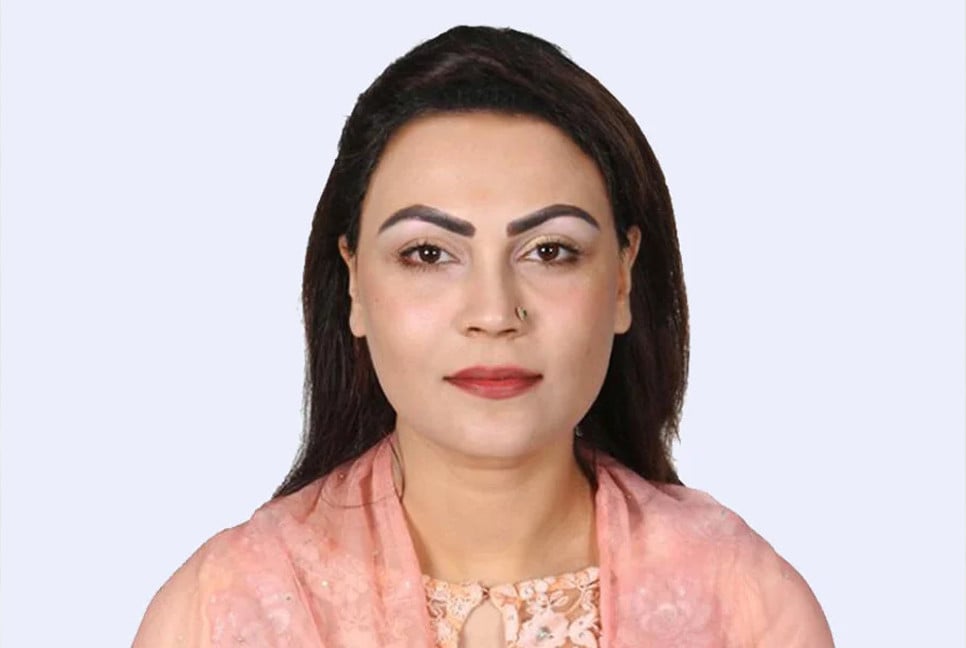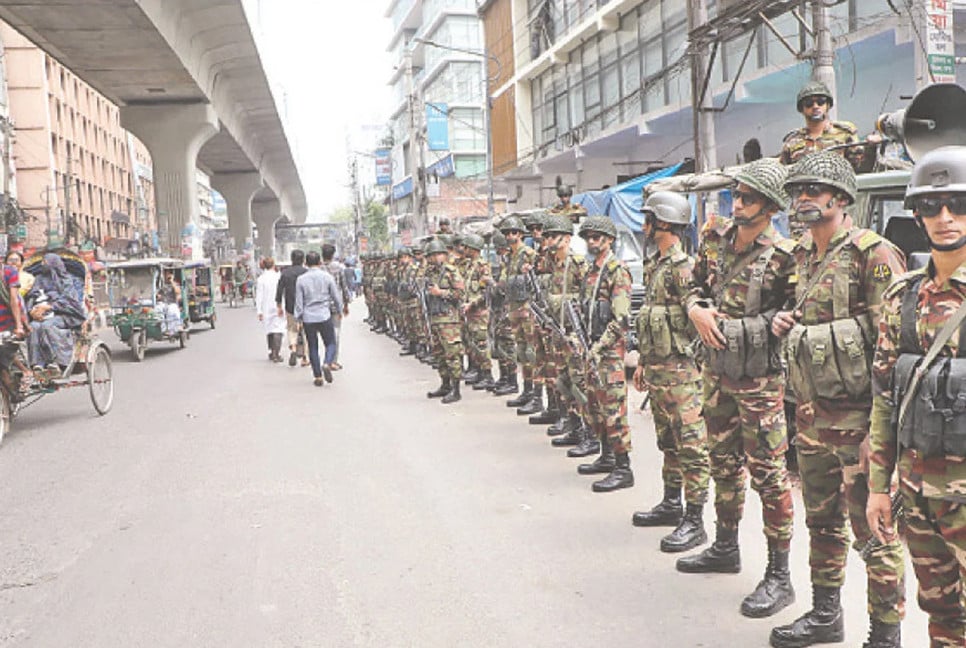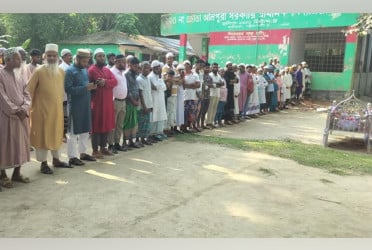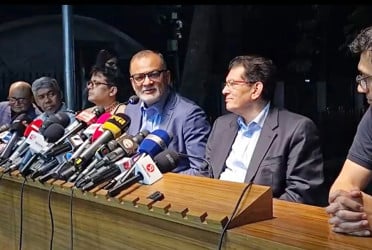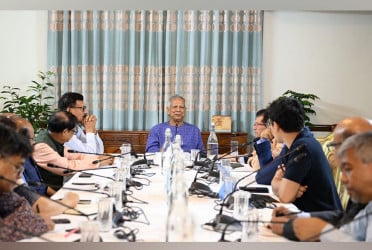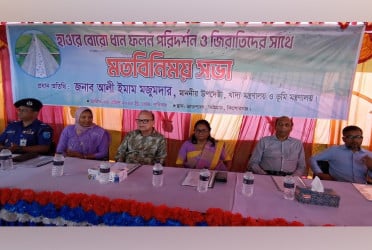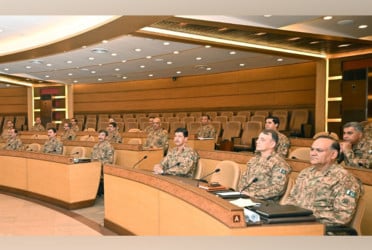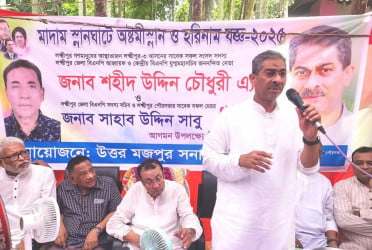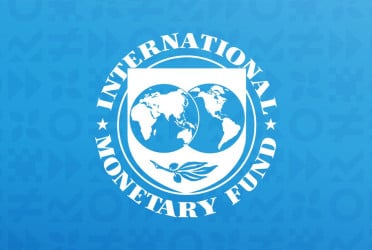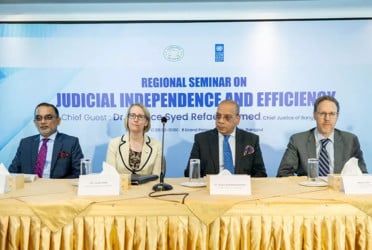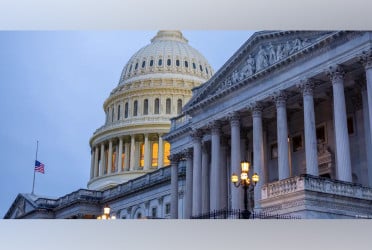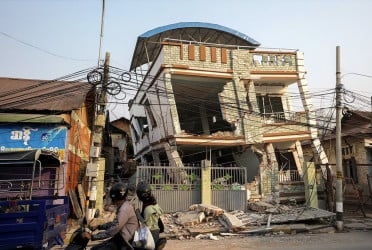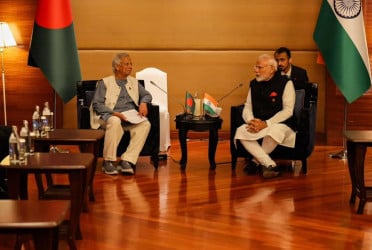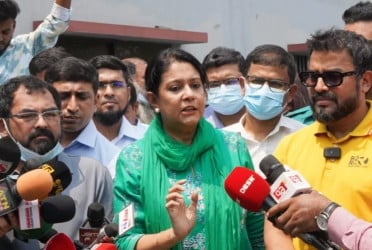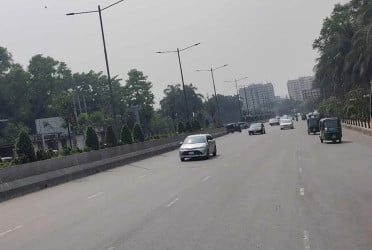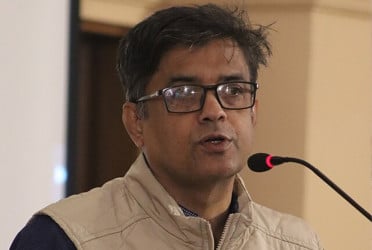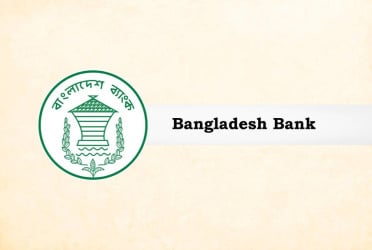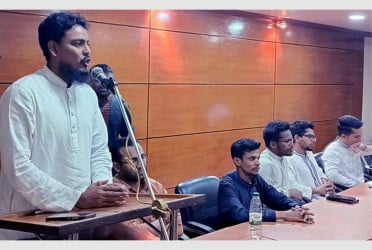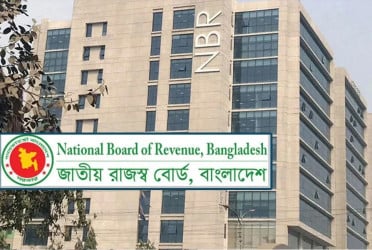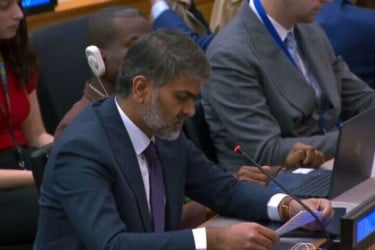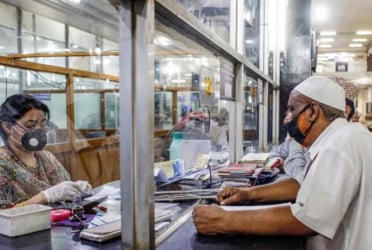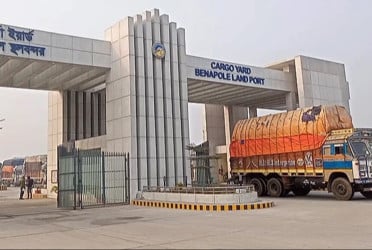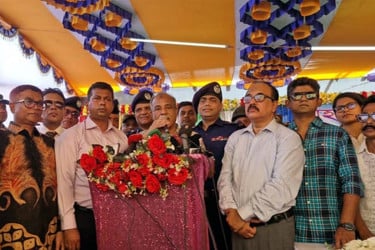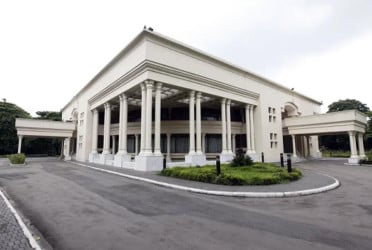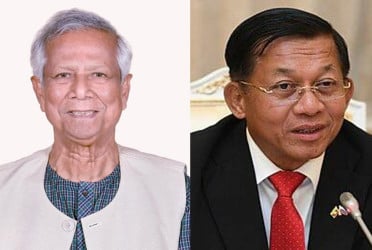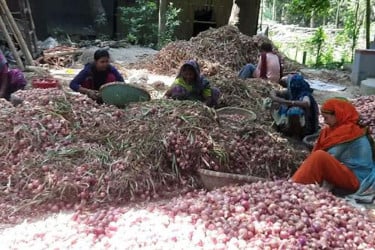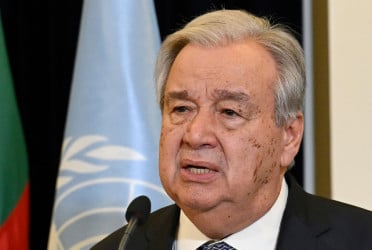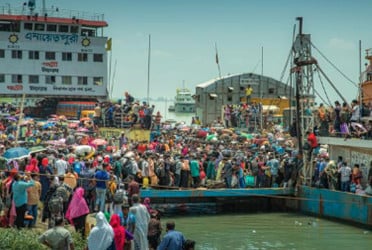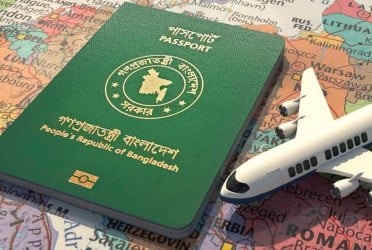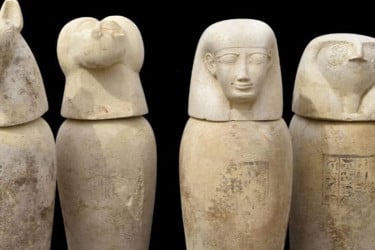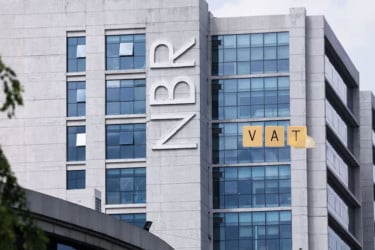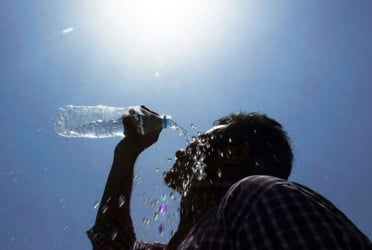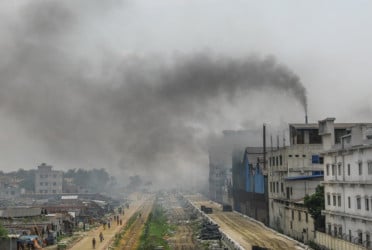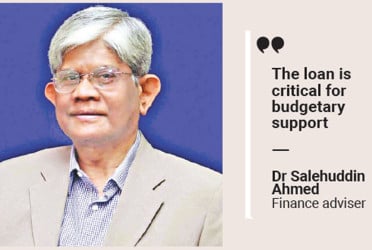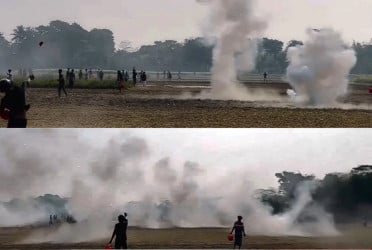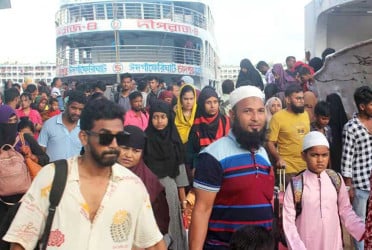Bangladesh is a country full of potential, and it will emerge through the skills of its youth, with young people leading the nation to unprecedented heights with their talents and abilities.
The dream of a new Bangladesh will be realised under the leadership of the youth. The history of the Bengali nation is a history of struggle.
The role of courageous youth was pivotal from the anti-British movement to the Language Movement of 1952, the mass uprising of 1969 and the liberation war of 1971. Even after the independence of Bangladesh as a state, we have faced various challenges.
From the anti-authoritarian movement of the 1990s to the mass uprising of July 2024, young people played a key role in political transformations.
The participation of students and the public in the quota reform movement gave it widespread momentum.
The Anti-discrimination Student Movement turned into a mass movement, leading to the fall of authoritarianism and creating an opportunity to build a new Bangladesh.
According to statistics, 40 to 45 percent of the country’s total population is youth and the future of Bangladesh's politics and economy depends on the youth.
A Bangladesh free of discrimination must be built from the perspective of youth.
Education is the backbone of a nation and fundamental changes need to be made in the country’s education system.
We must move forward from rote levels for learning and job-dependent education and create an intellectually stimulating, creative and innovative educational framework. The formulation of a new education policy is the need of the hour.
Full attention must be given to higher education and research. Research funding should be increased. The society of future Bangladesh must be completely knowledge-based and information-driven.
The youth must step forward to build a knowledge-driven society.
The future Bangladesh will be free of drugs, terrorism and politics of nepotism. A new leadership must be established in the state power and a healthy political culture must be nurtured. Alongside, democratic values and the rule of law must be ensured.
According to the constitution, the people are the source of all power. Therefore, the constitution exists for the people, not the people for the constitution. A progressive and inclusive society based on equality must be established.
The participation of the people must be ensured in every aspect of the state. A transparent political process must be created, with the welfare of the people at its core.
The intellectual community must work toward the establishment of social justice and human rights. Establishing good governance in the country is non-negotiable.
The intellectual community must play a role in solving social problems and strengthening public opinion, along with establishing good governance.
Bangladesh must be safe for all. Controlling the country’s law and order situation is the biggest challenge now and immediate action must be taken to resolve it.
Accountability and transparency must be ensured in the country's electoral process. No party or individual should be allowed to interfere in the upcoming election process. The Election Commission must be given the freedom to work independently to ensure a fair election.
In Bangladesh, the political and economic empowerment of the people must be prioritised. The right to vote is a key tool for political empowerment. Therefore, citizens' rights to vote must be guaranteed.
The change in state power must be positive. Through qualitative change, accountable democracy must be established.
The existing constitution needs amendments to prevent the opportunity for authoritarianism.
The constitution must be made entirely for the people, focusing solely on their welfare.
There is no alternative to constitutional reform to prevent the abuse of power. Political power must be decentralised in such a way that it does not concentrate in one place.
As a developing country, Bangladesh must focus on economic progress. Reforms are needed in areas such as revenue policy, taxation, the banking sector and industrialisation.
Expanding the garment industry's market and facilitating the export of skilled labour to boost remittance income is essential.
The country's large population must be made proficient in technology to transform it into a valuable human resource.
With the sustainable development goals in mind, a poverty-free, equitable nation must be built.
Women's empowerment must be ensured. Considering climate change, environmentally friendly practices must be adopted.
The future of Bangladesh will be peaceful, where harmony among people, regardless of religion, will prevail.
In future Bangladesh, there will be no inequality or discrimination and every person will have access to their basic rights, including food, clothing, shelter, education and healthcare.
Everyone will contribute to the nation-building process with their innovative potential and creativity.
Bangladesh will be illuminated by the talent and work of its youth.
The writer is a student of Mass Communication and Journalism Department of Dhaka University.

